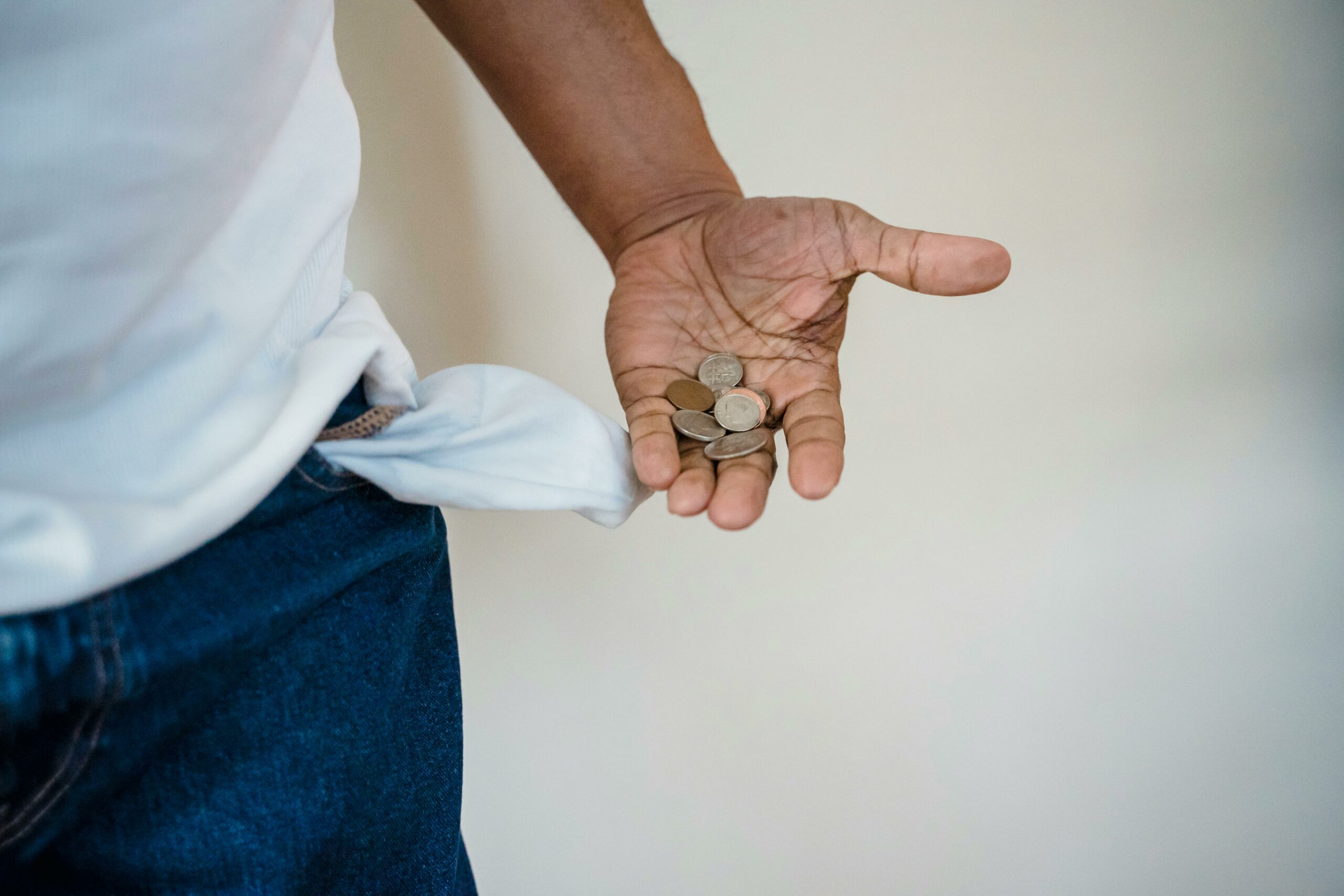When purchasing properties, one question an investor often asks is if the purchase should be completed with all cash or utilizing financing.
If you are looking for financing for an investment that will be owned by your Solo 401k, to comply with laws and regulations it must be a non-recourse loan.
A non-recourse loan is a loan secured only by the property as collateral, with no personal guarantee.
The reason the loan must be non-recourse is a Solo 401k participant cannot personally guarantee a loan for the 401k. Also, the other assets of the borrower (the Solo 401k) cannot used to secure the loan.
With a non-recourse loan, if there’s a default, there is no recourse to collect the loan from the Solo401k owner personally or the Solo 401k itself other than to foreclose on the property.
Since this is a special type of loan, with higher risk to the lender, the down payment is usually larger and it’s typical for Solo 401k to put down 30-50%.
For a non-recourse lender – usually a bank—to approve the loan, they will usually require strong rental income from the property. Make sure you’re getting into a good deal with strong rental income that can make the mortgage payment and have a buffer for any repairs or maintenance.
Non-recourse loans are available for
-
- Residential properties (single-family, multi-family, and apartments)
- Commercial property
- Farm land with income
Loans are available in all 50 states to Solo401k.com accountholders and your property can be inside or outside of the US.
A non-recourse loan is different than a traditional loan. This method of financing in such that you as the 401k participant will not be needed to personally guarantee the loan, nor will the other assets of the borrower (the Solo 401k) be used to secure the loan. The only action a lender can take in case of default of the loan is to acquire the asset on which the money was loaned.
This provides some protection to you as the borrower. In the case of a default, the lender cannot take any other assets from the Solo 401k to pay off the loan (such as cash, or other real estate the Solo 401k may own). However, because this type of loan generally carries a higher risk to the lender because of the fact only the property in question is collateral, the lender will often ask for more money down at closing.
Here are two lending sources we are aware of which will make non-recourse loans for real estate purchases inside your self directed retirement account.
In addition to these specialized non-recourse lenders, many of our clients have been able to secure non-recourse financing from local banks and credit unions with which they have a relationship.
North American Savings Bank
Contact: Matt Allen
10950 El Monte, Suite 210, Overland Park, KS 66211
Phone: (913) 327-2041
Toll Free: (866) 735-6272
Fax: (913) 339-9530
Email: [email protected]
Web: www.iralending.com
First Western Federal Savings Bank
Contact: Roger St. Pierre
402 Main Street, Rapid City, SD 57701
Phone: (605) 341-1203
Toll Free: (800) 908-8845
Fax: (605) 394-0084
Email: [email protected]
Web: www.myiralender.com
Titan Bank
Contact: Sarah Baker
3100 Monticello Ave, Suite 400, Dallas, TX 75205
Phone: (214) 937-0000
Toll Free: (888) 360-1300
Fax: (214) 380-9674
Email: [email protected]
Web: www.titanbank.com
Retirement Account Financing FAQ
Can I sign a personal guarantee for the Solo 401k mortgage?
No, you cannot sign a personal guarantee or put up any personal collateral (income stubs, personal credit check, etc) in order to get a mortgage for a property owned by your Solo 401k.
If I’m short the money for the down payment, can I put in my own personal money to make up the difference?
No, you cannot put in any personal money to the deal if the property will be owned by your Solo 401k. There are two ways to fund a retirement plan:
- Rollovers
- Contributions
If you don’t have sufficient funds for the down payment, consider making a fresh contribution of new money. Remember when your business has earned income, and you get paid, you can contribute some of those funds into the Solo 401k.
Can a private lender be a non-recourse lender?
Yes, so long as the private lender understands how to properly title the mortgage so that the Solo 401k is the borrower and you (as the plan participant) are not signing a personal guarantee for the loan).
A private lender cannot be a disqualified person, e.g. yourself, your spouse, any businesses your own, your parents/grandparents or children/grandchildren.
Who pays for closing costs?
The Solo 401k trust should pay for all closing costs associated with the transaction.
Who pays the earnest money?
The Solo 401k trust should pay for all earnest money in the transaction.
Can I refinance the property later on?
Yes, if your Solo 401k trust originally received financing to complete the transaction, the property may be refinanced at a later date. However, if any cash is removed, it must remain in the Solo 401k trust. Additionally, if the property was originally purchased for cash (no financing), refinancing may not be done at a later time.





